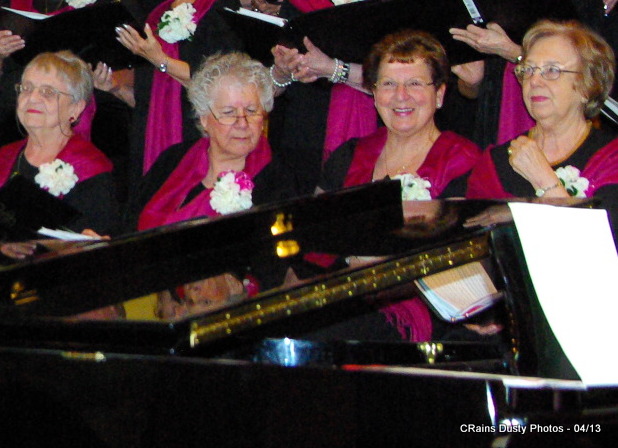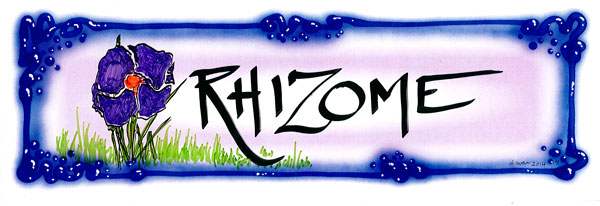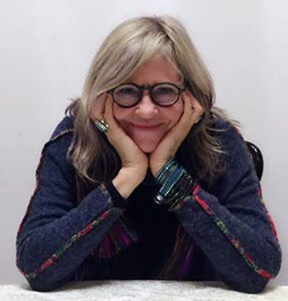Slowing Down: Making Space to Listen
By Jennifer Hilton. Jennifer is one of the leaders presenting Dynamic Dialogue: Communicating and connecting when it really matters April 26-29 and Nov 1-4, 2018.
I like words. I like knowing the meaning of words. That doesn’t surprise me: my family has always been vocal and in the past, when they were apart from each other, they wrote letters. I come from five generations of sea captains who sent letters across many oceans, for many years – letters that were read and re-read by those at home. In those days, letters took months to reach their destination and were often saved for years.
My mother carries on the tradition, keeping letters I write. I am of the generation that wrote letters to family and friends, the early ones being forced (“thank-you” letters) and later for enjoyment and the anticipation of receiving one in return. Even though I didn’t have to wait as long as my grandmother did for a reply, it sometimes seemed a lifetime before it finally arrived. I loved going to the mailbox and finding a hand-written letter
No longer do we have to wait for a ship to sail to know we will hear from someone. However, the term “hearing from someone” implies that there is a space between sending and receiving – a vast listening time. Today talking, texting, emailing, blogging, and tweeting cut that listening time into tiny pieces.
Daily, as I engage in modern communication of any kind, I’m often overwhelmed with words, drowning in ideas, unable to concentrate on any one thing. If I want to learn anything, I have to consciously choose to slow down and create some listening time, some space. Some would call this space meditation or mindfulness. Zen Master, Thich Nhat Hanh, says it this way, “It is only when we stop that we can encounter life.”
One of the things I value most about the Haven Communication Model is how, when I consciously choose to slow down and “follow the flow of the model”, I can create more space in my thinking, listening and talking, and as a result encounter more of myself and life. Practicing the model is a meditation for me.
In the beginning, I had to purposefully break down the elements in order to understand what I wanted to say. I was clumsy in communicating…and I did slow down to make space to listen to my inner self first. I had no idea how being fast had impacted my ability to see and own my yearnings, motivations, intentions and inherent wisdom. After years of practicing and now teaching the model, I tell people The Communication Model is for me a spiritual practice, as it’s both an artful skill that can be used in relationship to build deeper connection and a way to deeply know and connect with oneself.
Slowing down does not come naturally to me. I have never been a great meditator. But I know that when I do choose slow, I’m conscious of a lot of things that I would miss if I were going fast. Fast has its purpose, but what I am continually discovering is that if I want to improve in something, I have to push the pause button and slow down a little. This applies to just about everything in my life, but especially communication and when connecting really matters to me.
In the past, letter writing was slow. Waiting for a reply to a letter was even slower. Those days are past – today we can communicate across the world in a heartbeat. But there is a great deal to be said for the vast listening space that comes with slowing down, pausing to breathe, reflecting before and while talking/relating.
Making space to LISTEN is a gift to myself and others.
****************************
Dynamic Dialogue: Communicating and connecting when it really matters is an experiential 3-day program intended to help build self-responsible relational intelligence. Learn to get clear on your intentions, listen more fully, show up, and go deeper in communicating about what really matters to you. Offered at The Haven, April 26-29 and Nov 1-4, 2018. Originally named Communication Fundamentals the program has been refreshed by a dynamic team of committed Haven facilitators – Cathy McNally, Jane Kilthei, and Jennifer Hilton.





